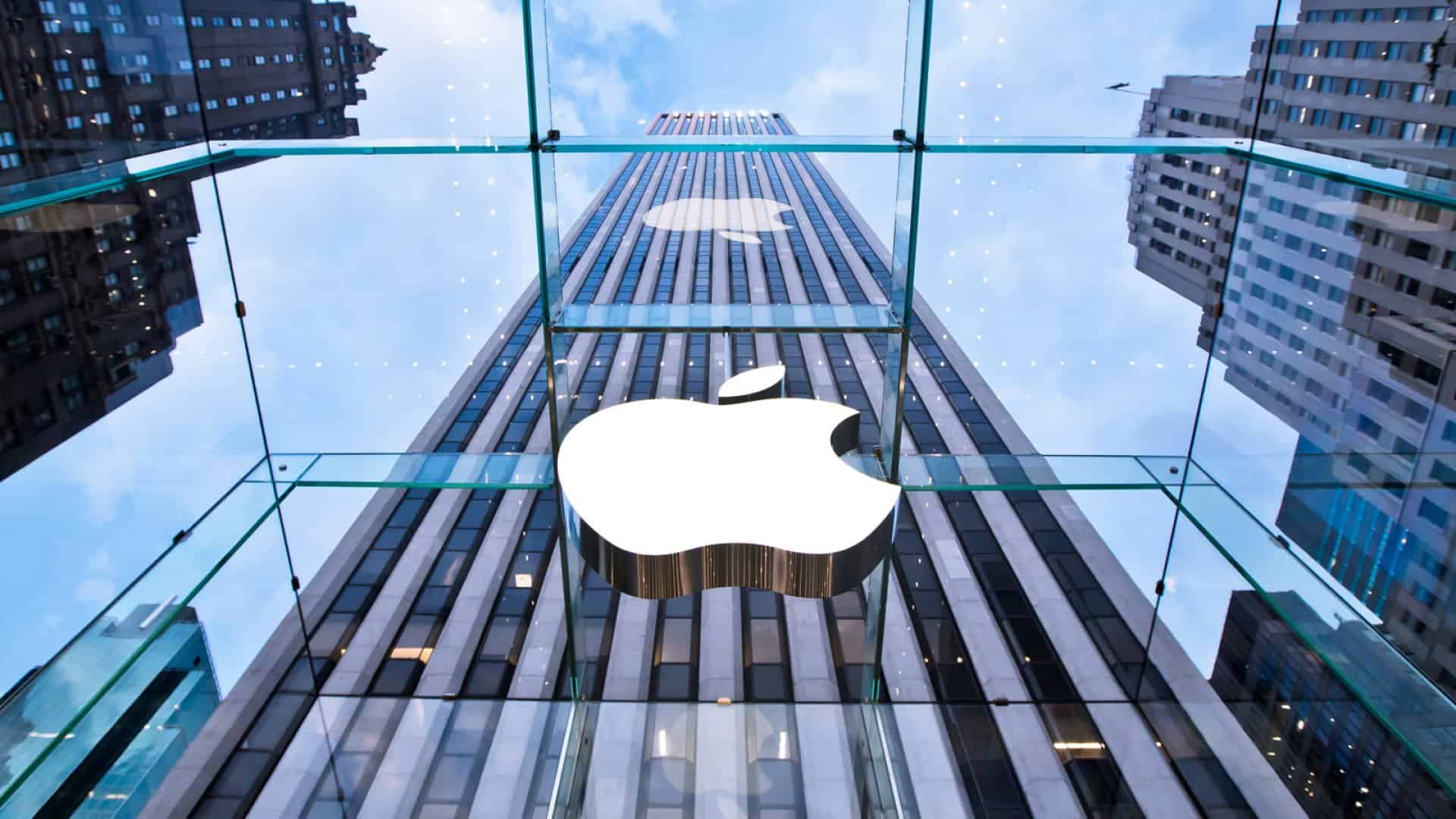Divide and conquer? Apple to split App Store in two to meet EU regulations
2 min. read
Published on
Read our disclosure page to find out how can you help MSPoweruser sustain the editorial team Read more
Key notes
- Apple will create two separate App Stores: one for the EU and one for the rest of the world.
- EU App Store will comply with DMA regulations, allowing sideloading, alternative payments, and iMessage interoperability.

In response to the European Union’s Digital Markets Act (DMA), Apple plans to create two distinct versions of its App Store: one for users within the EU and another for the rest of the world. This move comes as the DMA regulations, aimed at promoting competition and user choice in the digital market, take effect later this year.
This all might have started when, recently, Apple CEO Tim Cook met the EU antitrust chief to discuss App Store rules.
Why is Apple doing this?
Apple fiercely opposes the DMA, arguing it hurts security and its ability to innovate. Splitting the App Store allows them to maintain their strict control outside the EU while complying with the new regulations like:
- Sideloading to be legal: Users could download apps directly from third-party stores instead of being confined to Apple’s walled garden.
- Choice in payments: Developers could offer alternative payment systems inside their apps, challenging Apple’s lucrative 30% commission.
- Messaging opens up: Apple’s iMessage must play nice with other messaging platforms like WhatsApp and Telegram, promoting user freedom, especially for Android users.
Apple also had to add a USB C port because of these regulations in their latest iPhones.
But how long can Apple run away like this? The EU’s actions could pave the way for similar regulations in other regions, potentially impacting the dominance of major tech companies like Apple and Google.
How this development will unfold, and its broader implications for the digital landscape remain to be seen.
More here.








User forum
0 messages